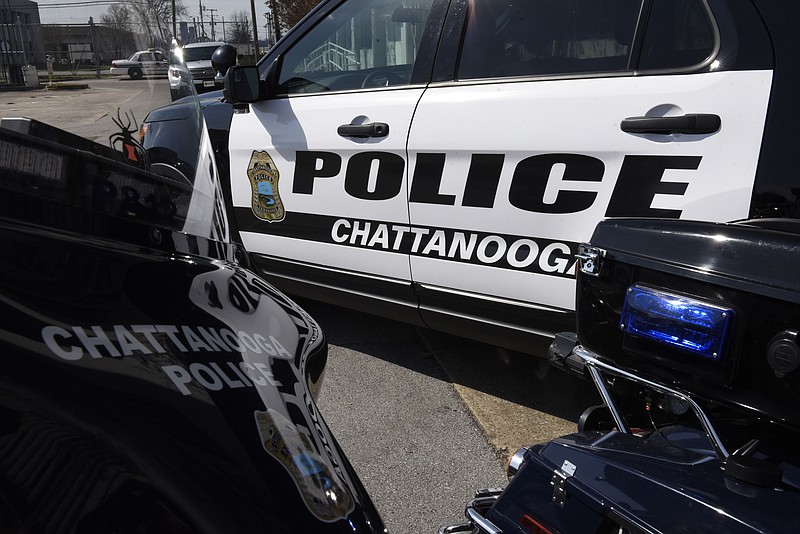Armed with PowerPoints instead of guns, 24 Chattanooga police cadets took to a coffee house stage Friday to discuss Chattanooga's minority communities and how police can better interact with them.
The presentations, which spanned four hours, were the culmination of 50 hours of "community immersion" training that all future police officers - three classes of cadets - have gone through since 2014.
Nearly three years into the community immersion program, some members of minority communities in Chattanooga say they are beginning to see a wider shift among officers toward respect, inclusion and proactive policing.
"Before, there were officers we knew we could trust, officers who were members of our community, allies on the force, but now it feels like it is part of the culture of the police department to embrace our community and see us as part of the community," said Marcus Ellsworth, president of Tennessee Valley Pride, a nonprofit organization focused on the region's lesbian, gay, bisexual and transgender people.
This year, cadets spent that time with members of Chattanooga's LGBT, intellectually and developmentally disabled, black and Hispanic communities. The cadets interviewed members of the communities and hung out with them in various settings.
Ezra Holmes, president of the Woodmore Neighborhood Association, said such cultural sensitivity training is critical, and said that even beyond the cadet training program, officers' regular meetings with community members have helped build relationships.
"It's crucial that the people in the neighborhoods get to know who their policemen are," he said.
On Friday, the cadets presented their findings in an open forum that was attended at the start by about 50 people - nearly all either local politicians or police officers. A few community leaders also sat in on the session.
Ellsworth met with several of the cadets and said he was encouraged by the frank discussion and the cadets' willingness to listen. But, he added, the relationship between police and the LGBT community is still tense, and both sides have a long way to go to build trust.
Transgender people, in particular, can run into issues with officers, Ellsworth said, if, for example, their appearance and identity don't match the gender listed on their driver's license.
"Something simple can quickly become terrifying, because there is a fear that the officer will call a woman "sir," or misgender them, talk down to them or mistreat them for something simple as a driver's license being out of date," he said. "We told the cadets to accept people as they present themselves to you. If everything else matches, there is no need for you to correct them about their gender."
Veronica Thomas, a cadet who went through the immersion training and focused on the city's black community, said she thinks the project will help her as she becomes a police officer.
"It will," she said, "If we can take it to heart."
Contact staff writer Shelly Bradbury at 423-757-6525 or sbradbury@timesfreepress.com with tips or story ideas. Follow @ShellyBradbury.
